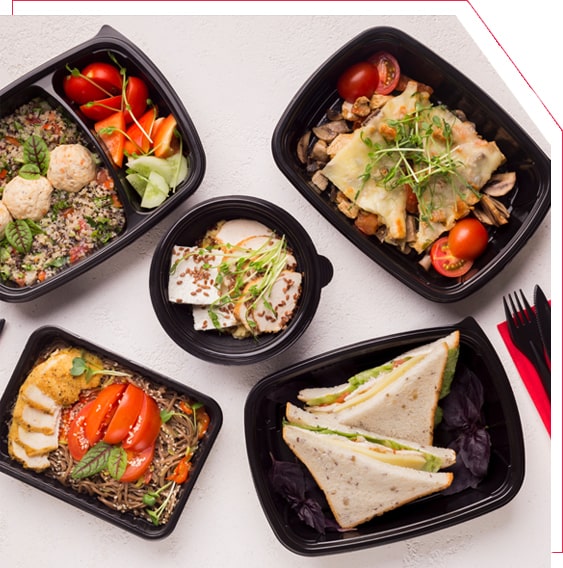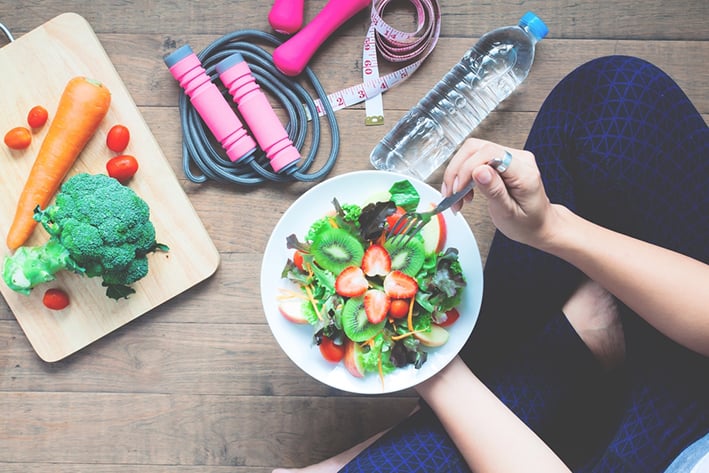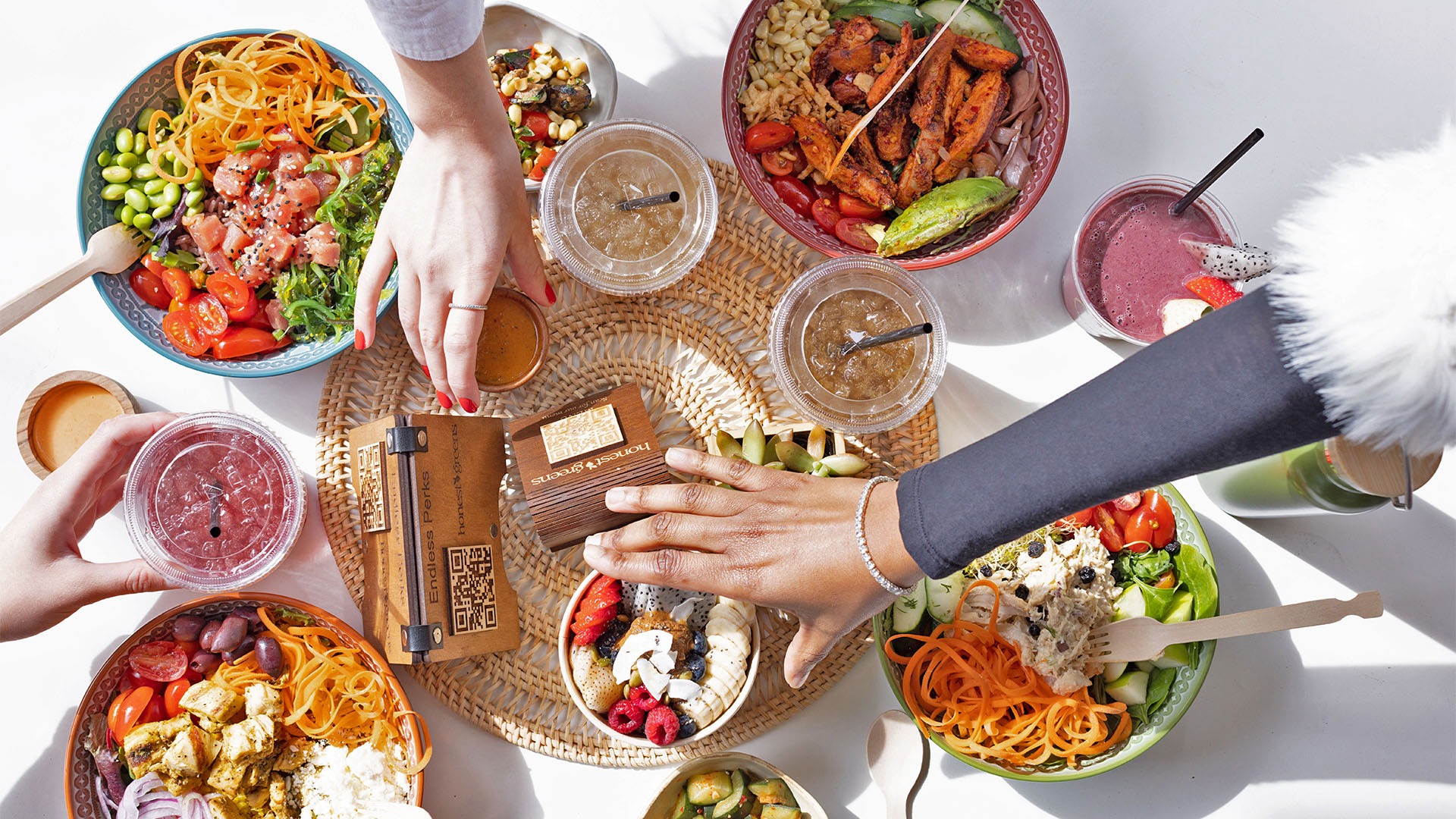
Healthy Living Meal Plans for Weight Loss and Energy
If you’re aiming to lose weight while maintaining high energy throughout the day, a well-balanced and nutritious meal plan is your best ally. Healthy eating doesn’t mean starving yourself or following extreme diets — it’s about nourishing your body with the right foods in the right portions. The key is to focus on whole, minimally processed ingredients that provide protein, healthy fats, fiber, vitamins, and minerals. This guide offers daily and weekly meal plans designed to promote weight loss, support energy levels, and establish lifelong healthy eating habits.
Guidelines for a Balanced, Weight-Loss-Friendly Meal Plan
Before diving into the meal plans, here are essential principles to follow:
-
Eat whole foods (fruits, vegetables, lean proteins, whole grains)
-
Prioritize protein and fiber to stay full longer
-
Choose complex carbs like oats, brown rice, and sweet potatoes
-
Stay hydrated with water, herbal teas, and infused waters
-
Control portions without depriving yourself
-
Avoid added sugars and refined foods
-
Plan ahead to avoid unhealthy last-minute choices
Daily Meal Plan Template
Here’s a daily structure you can follow for steady energy and fat loss:
-
Breakfast: High-protein + fiber + healthy fat
-
Snack: Light, protein- or fiber-rich
-
Lunch: Balanced plate with lean protein + complex carb + veggies
-
Snack: Energy-boosting and low in sugar
-
Dinner: Lighter than lunch but still filling
-
Optional evening tea or fruit
7-Day Meal Plan for Weight Loss and Energy
Day 1
Breakfast: Greek yogurt with berries, chia seeds, and a drizzle of honey
Snack: Apple slices with almond butter
Lunch: Grilled chicken salad with mixed greens, cherry tomatoes, avocado, and balsamic dressing
Snack: Handful of raw nuts
Dinner: Baked salmon, steamed broccoli, and quinoa
Day 2
Breakfast: Scrambled eggs with spinach and whole grain toast
Snack: Carrot sticks with hummus
Lunch: Turkey and veggie wrap in a whole wheat tortilla + side salad
Snack: Cottage cheese with pineapple chunks
Dinner: Stir-fried tofu with mixed veggies and brown rice
Day 3
Breakfast: Overnight oats with almond milk, banana, and walnuts
Snack: A boiled egg and cucumber slices
Lunch: Lentil soup with a small avocado toast
Snack: Greek yogurt with cinnamon
Dinner: Grilled shrimp, roasted sweet potato, and sautéed kale
Day 4
Breakfast: Protein smoothie (banana, spinach, protein powder, peanut butter, almond milk)
Snack: Pear and a few almonds
Lunch: Quinoa bowl with chickpeas, roasted vegetables, and tahini dressing
Snack: Edamame or roasted chickpeas
Dinner: Chicken stir-fry with bell peppers, carrots, and zucchini
Day 5
Breakfast: Oatmeal with blueberries, flaxseeds, and almond butter
Snack: Celery sticks with peanut butter
Lunch: Tuna salad lettuce wraps with a side of roasted cauliflower
Snack: Low-fat cheese stick and a few grapes
Dinner: Turkey meatballs with zucchini noodles and marinara
Day 6
Breakfast: Avocado toast on whole grain bread with a poached egg
Snack: Greek yogurt with sunflower seeds
Lunch: Brown rice bowl with grilled tofu, edamame, spinach, and sesame dressing
Snack: Sliced orange or grapefruit
Dinner: Baked cod with green beans and mashed cauliflower
Day 7
Breakfast: Cottage cheese with sliced peaches and a sprinkle of chia seeds
Snack: Handful of trail mix (unsweetened, low-salt)
Lunch: Chicken and black bean taco bowl with lettuce, tomato, corn, and guacamole
Snack: Green smoothie (kale, banana, protein, water)
Dinner: Vegetable curry with lentils and brown rice
Beverage Tips for Energy and Hydration
-
Start your day with warm lemon water
-
Stick to herbal teas or green tea for metabolism support
-
Avoid sugary drinks and limit alcohol
-
Drink at least 8–10 glasses of water daily
-
Add cucumber, mint, or fruit slices for flavor without calorie
Smart Snack Ideas
Keep these healthy snacks on hand to curb cravings and maintain energy:
-
Hard-boiled eggs
-
Trail mix (no added sugar)
-
Roasted nuts or seeds
-
Fresh fruit with nut butter
-
Rice cakes with avocado
-
Greek yogurt with honey
-
Veggie sticks with guacamole
-
Low-sugar protein bars
Portion Control and Meal Timing
-
Use smaller plates to avoid overeating
-
Wait 20 minutes after eating to decide if you’re full
-
Eat every 3–4 hours to prevent energy crashes
-
Avoid eating heavy meals late at night
-
Stop eating when 80% full rather than stuffed
Weekly Grocery List (Sample)
Proteins
-
Chicken breast
-
Salmon or cod
-
Eggs
-
Greek yogurt
-
Tofu
-
Lentils
-
Tuna
-
Low-fat cottage cheese
Fruits & Veggies
-
Spinach
-
Kale
-
Broccoli
-
Sweet potatoes
-
Avocados
-
Apples
-
Bananas
-
Blueberries
-
Carrots
-
Zucchini
-
Bell peppers
-
Tomatoes
Whole Grains & Legumes
-
Brown rice
-
Quinoa
-
Oats
-
Chickpeas
-
Black beans
-
Whole wheat bread or wraps
Healthy Fats
-
Olive oil
-
Almond butter
-
Chia seeds
-
Walnuts
-
Flaxseeds
Extras
-
Herbal teas
-
Hummus
-
Spices (turmeric, cinnamon, chili, garlic)
-
Unsweetened almond milk
Tips for Meal Prep Success
-
Batch cook grains, beans, and proteins for easy meals
-
Wash and chop vegetables ahead of time
-
Use clear containers to store meals
-
Keep healthy snacks visible and junk food hidden
-
Plan meals on Sunday to save time during the week
Conclusion
A healthy lifestyle fueled by nutritious meals doesn’t require strict dieting or bland food. By focusing on balance, variety, and portion control, you can boost energy levels, support weight loss, and feel great throughout the day. Use the sample plans above as a flexible guide and adjust based on your preferences, activity level, and goals. The best diet is one that nourishes your body and fits your lifestyle consistently.
FAQs
What is the best time to eat for weight loss?
Eat balanced meals every 3–4 hours, avoid skipping meals, and try to finish dinner at least 2–3 hours before bedtime.
Can I snack between meals and still lose weight?
Yes. Healthy snacks help control hunger and prevent overeating later — just keep portions in check and choose whole foods.
How can I stay full while losing weight?
Eat high-protein and high-fiber foods, drink water regularly, and avoid sugary snacks that cause energy crashes.
Do I need to count calories?
Not necessarily. Focusing on food quality, portion control, and mindful eating is often more sustainable than strict calorie tracking.
How fast will I see results?
With consistency, you can expect to feel more energetic in 1–2 weeks and begin noticing weight loss results in 3–4 weeks.
Sign up with your email and always get notifed of zerodevicesnet Lifestyles latest news!






